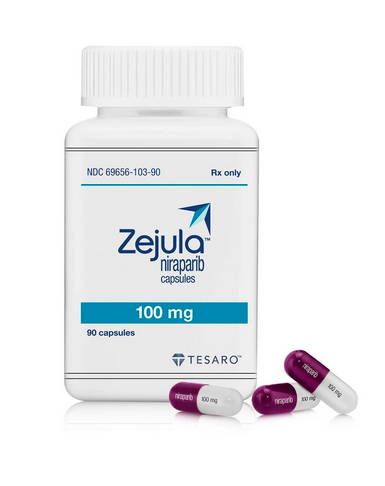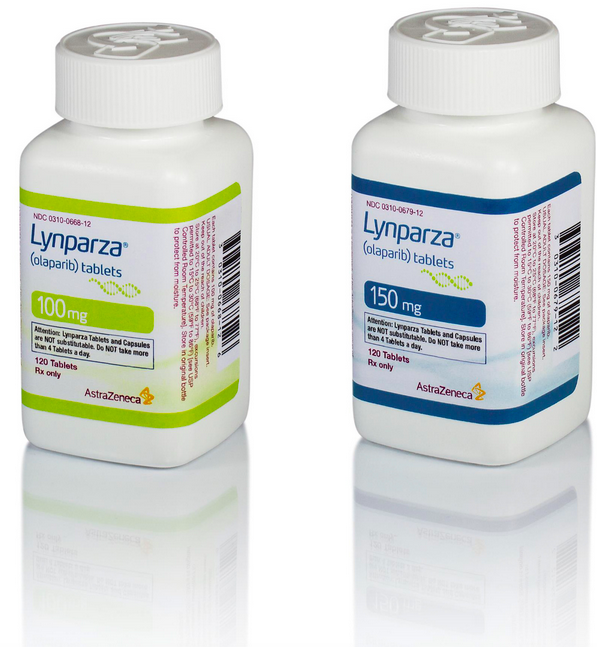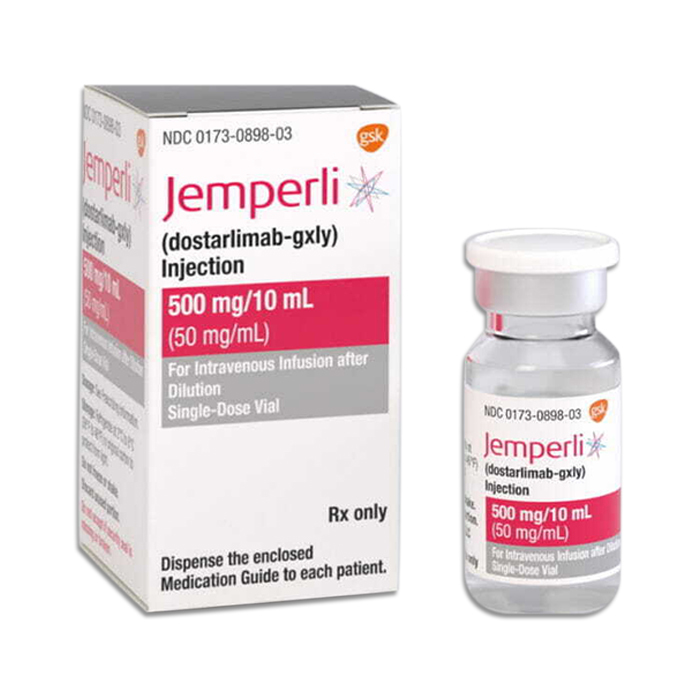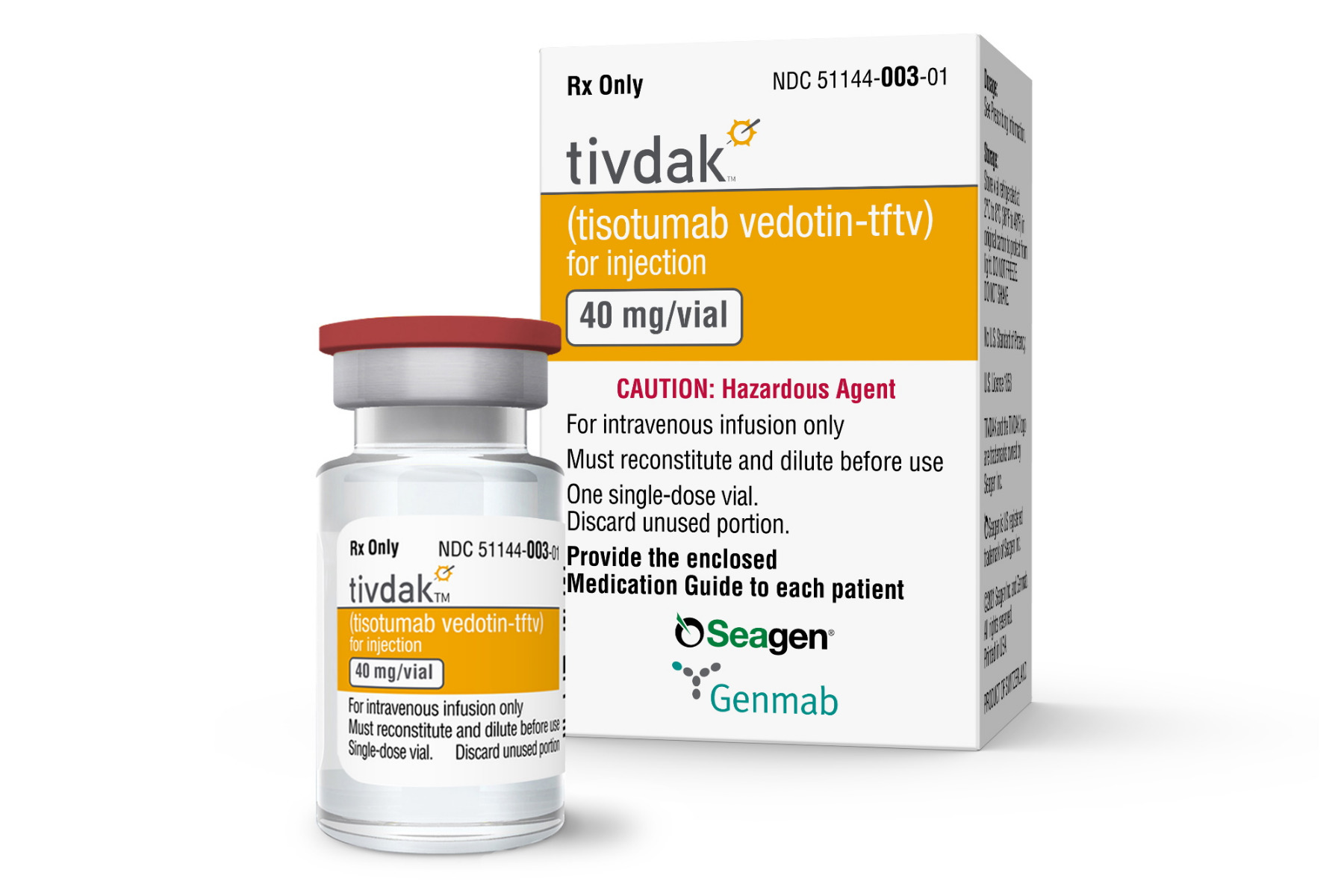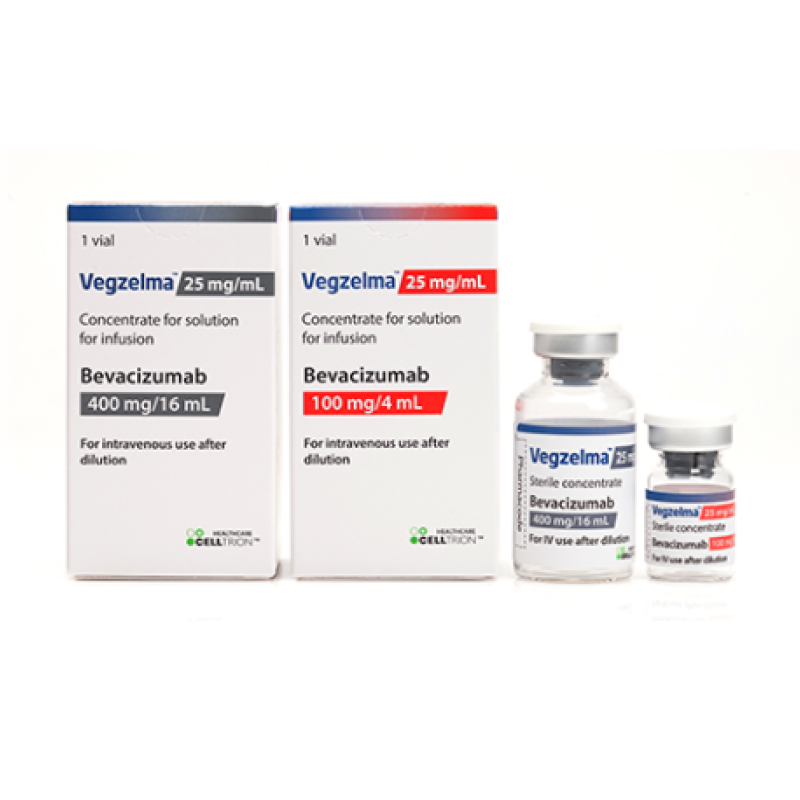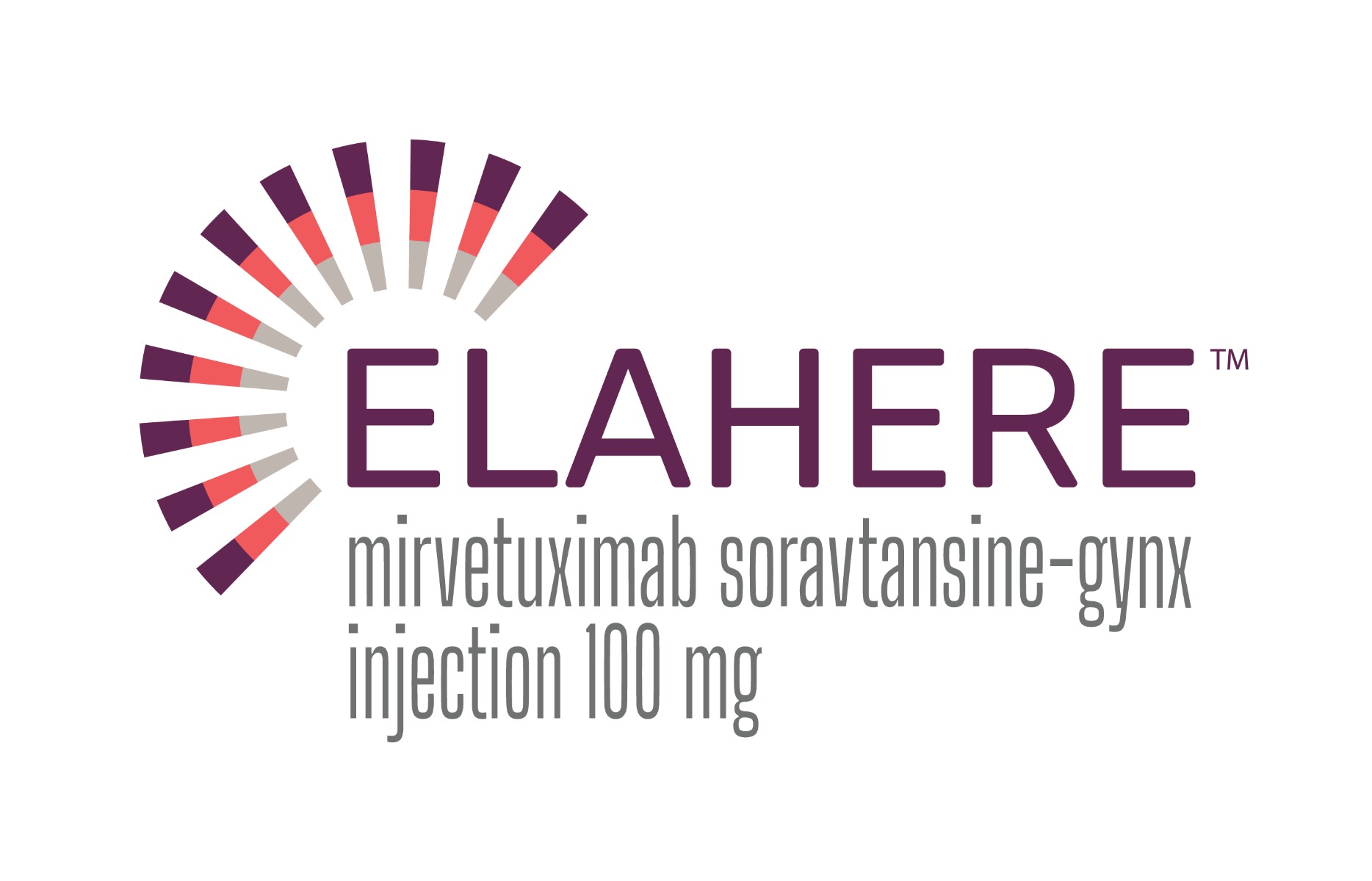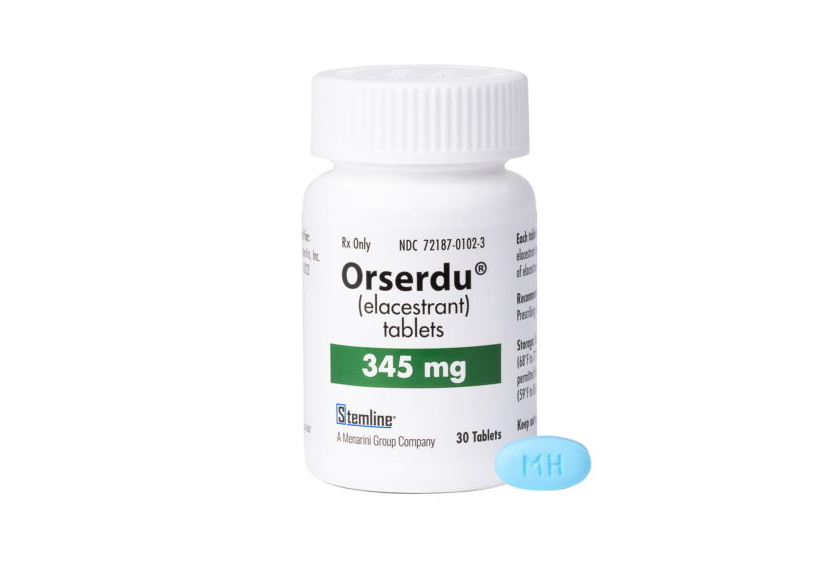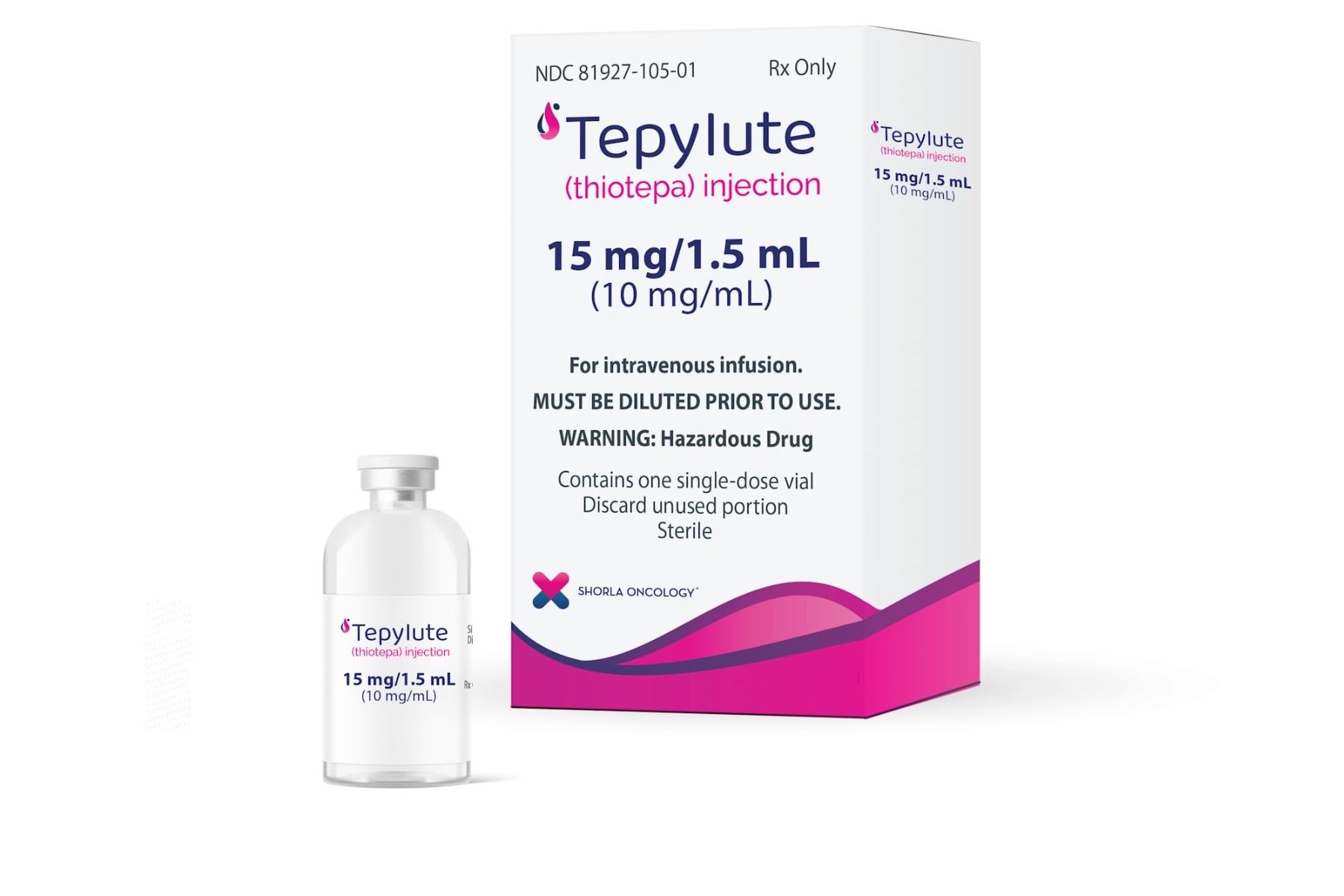New Gynaecological Cancer treatments 2024
New Gynaecological Cancer Treatments 2024
Gynaecological cancer refers to the various types of cancer that originate in a woman's reproductive organs. There are five main types: cervical, ovarian, uterine, vaginal, and vulvar cancers, each named after the organ in which it first develops. Symptoms can vary depending on the type but may include abnormal vaginal bleeding or discharge, pelvic pain, bloating, and changes in bathroom habits. Risk factors for developing gynaecological cancer include age, family history, certain genetic mutations, and lifestyle factors. Early detection through regular screenings, such as Pap tests for cervical cancer, can significantly improve the chances of successful treatment.
When considering treatment options for gynaecological cancer, it is crucial to consult with a specialized oncologist who can provide guidance based on the specific type and stage of cancer. Treatment may include surgery, radiation therapy, chemotherapy, targeted therapy, or a combination of these approaches. The choice of medicine or therapy is often tailored to the patient's individual needs and the biological characteristics of the tumor. Clinical trials may also be an option for some patients, offering access to new and innovative treatments. It is important for patients to discuss the potential benefits and side effects of each treatment option with their healthcare team to make an informed decision.

Treatment options
| Treatment option | Estimated cost | Efficacy | Eligibility |
|---|---|---|---|
| Surgery | Varies widely | High for early-stage cancers | Depends on tumor size, location, and patient health |
| Chemotherapy | $1,000 - $12,000/month | Varies by drug and cancer type | Most patients are eligible unless contraindicated |
| Radiation Therapy | $2,000 - $10,000/month | High for certain cancer types | Depends on cancer's location and stage |
| Hormone Therapy | $100 - $500/month | Good for hormone receptor-positive cancers | Eligible for hormone receptor-positive cancers |
| Targeted Therapy | $3,000 - $15,000/month | Can be very effective for specific mutations | Patients with specific genetic mutations |
| Immunotherapy | $4,000 - $30,000/month | Varies; some patients respond very well | Eligible based on specific markers or when other treatments fail |
| Zejula (niraparib) | $13,000 - $16,000/month | Effective as maintenance treatment for ovarian cancer | Eligible for recurrent ovarian cancer after platinum-based chemotherapy |
| Rubraca (rucaparib) | $17,000/month | Effective for BRCA-mutated ovarian cancer | Eligible for BRCA mutation and after two or more chemotherapies |
| Lynparza (olaparib) | $14,000/month | Effective for BRCA-mutated cancers | Eligible for certain BRCA mutations and after prior treatment |
| Jemperli (dostarlimab) | $13,000/month | Effective for endometrial cancer with specific DNA mismatch repair deficiency | Eligible for mismatch repair deficient (dMMR) recurrent or advanced endometrial cancer |
| Tivdak (tisotumab vedotin-tftv) | $18,500/month | Effective for recurrent or metastatic cervical cancer | Eligible for recurrent or metastatic cervical cancer after chemotherapy |
| Vegzelma (bevacizumab biosimilar) | $4,000 - $5,000/month | Similar efficacy to the reference product for various cancers | Eligible for specific types of cervical, ovarian, and other cancers |
| Orserdu (elacestrant) | Not available | Potential treatment for ER+/HER2- advanced or metastatic breast cancer | Eligible for postmenopausal women or adult men with ER+/HER2-, after progression on endocrine therapy |
| Experimental Treatments | Varies; often covered by research funding | Unknown until studies are complete | Eligibility varies by clinical trial requirements |
Treatments options in detail
Standard Treatments for Gynaecological Cancer
Gynaecological cancers encompass a variety of malignancies affecting the female reproductive system, including ovarian, uterine, cervical, vulvar, and vaginal cancers. The most common treatments for these cancers include surgery, chemotherapy, radiation therapy, and targeted therapy. Surgery often serves as the primary treatment, aiming to remove the cancerous tissue. The extent of surgery depends on the type and stage of cancer, ranging from local excision to more extensive procedures like hysterectomy or oophorectomy.
Chemotherapy uses cytotoxic drugs to destroy cancer cells and is frequently used in conjunction with surgery. It can be administered before surgery (neoadjuvant chemotherapy) to shrink tumors or after surgery (adjuvant chemotherapy) to eliminate any remaining cancer cells. Radiation therapy employs high-energy rays to target and kill cancer cells and may be used as a primary treatment, to shrink tumors before surgery, or to eliminate residual cancer cells post-surgery.
Targeted therapy involves drugs that specifically target molecular changes seen in certain types of cancer cells. For example, bevacizumab (Avastin) is a targeted therapy that can be used to treat advanced cervical cancer by inhibiting the growth of new blood vessels that tumors need to grow.
PARP Inhibitors
Poly (ADP-ribose) polymerase (PARP) inhibitors are a class of drugs that have shown efficacy in treating certain types of gynaecological cancers, particularly ovarian cancer. These drugs include olaparib (Lynparza), niraparib (Zejula), and rucaparib (Rubraca).
Olaparib (Lynparza) is approved for the maintenance treatment of adult patients with recurrent epithelial ovarian, fallopian tube, or primary peritoneal cancer who are in a complete or partial response to platinum-based chemotherapy. It is also approved for use in patients with a specific genetic mutation (BRCA) associated with the cancer.
Niraparib (Zejula) is approved for the maintenance treatment of adult patients with recurrent epithelial ovarian, fallopian tube, or primary peritoneal cancer who are in a complete or partial response to platinum-based chemotherapy, regardless of BRCA mutation status.
Rucaparib (Rubraca) is approved for the treatment of adult patients with deleterious BRCA mutation (germline and/or somatic)-associated epithelial ovarian, fallopian tube, or primary peritoneal cancer who have been treated with two or more chemotherapies. It is also approved for the maintenance treatment of recurrent ovarian, fallopian tube, or primary peritoneal cancer.
Immunotherapy
Immunotherapy is a treatment that uses the patient's immune system to fight cancer. Pembrolizumab (Keytruda) and dostarlimab (Jemperli) are examples of immunotherapies used in the treatment of gynaecological cancers.
Pembrolizumab (Keytruda) is used for the treatment of patients with advanced cervical cancer whose tumors express PD-L1 and who have disease progression during or after chemotherapy.
Dostarlimab (Jemperli) has been granted accelerated approval for the treatment of adult patients with mismatch repair deficient (dMMR) recurrent or advanced endometrial cancer that has progressed on or following prior treatment with a platinum-containing regimen.
Antibody-Drug Conjugates
Antibody-drug conjugates (ADCs) are targeted cancer therapies that deliver cytotoxic drugs directly to cancer cells. Tisotumab vedotin (Tivdak) is an ADC that has been granted accelerated approval for the treatment of adult patients with recurrent or metastatic cervical cancer with disease progression on or after chemotherapy.
Biosimilars
Biosimilars are biological products that are highly similar to and have no clinically meaningful differences from an existing FDA-approved reference product. Vegzelma is a biosimilar to bevacizumab (Avastin), which may be used in the treatment of certain gynaecological cancers, although it is not specifically approved for gynaecological cancer indications.
Selective Estrogen Receptor Degraders (SERDs)
Elacestrant (Orserdu) is a selective estrogen receptor degrader (SERD) that has been studied for the treatment of estrogen receptor-positive cancers. While it is not specifically approved for gynaecological cancers, it represents a potential off-label treatment option, particularly for endometrial cancer that is hormone receptor-positive.
Experimental Treatments
Experimental treatments for gynaecological cancers are being studied in clinical trials and include novel chemotherapy agents, targeted therapies, immunotherapies, and vaccines. These treatments are not yet approved by the FDA and are only available to patients within the context of a clinical trial. Patients interested in participating in clinical trials should discuss the potential risks and benefits with their healthcare provider.
It is important to note that the selection of a treatment regimen for gynaecological cancer is highly individualized and depends on various factors, including the type and stage of cancer, patient's overall health, and previous treatments. Patients should consult with their oncologist to understand the best treatment options for their specific situation.
Additionally, all treatments carry the potential for side effects, which should be discussed with a healthcare provider. The goal of treatment is to achieve the best possible outcome while managing side effects and maintaining quality of life.
Symptoms
Abnormal Vaginal Bleeding
One of the most common symptoms associated with gynecological cancers, particularly endometrial and cervical cancers, is abnormal vaginal bleeding. This can manifest as bleeding between periods, postmenopausal bleeding, or heavier than usual menstrual bleeding. Any unexpected bleeding should prompt a consultation with a healthcare provider for further evaluation.
Pelvic Pain or Pressure
Many women with gynecological cancers experience pelvic pain or a feeling of pressure in the pelvic area. The pain can be persistent or intermittent, and its intensity can vary. It may also be accompanied by discomfort in the lower abdomen or back. The presence of such symptoms warrants medical attention, especially if the pain is new or significantly different from normal menstrual cramps.
Abnormal Vaginal Discharge
Abnormal vaginal discharge that may be watery, bloody, or have a foul odor can be a symptom of gynecological cancer. The discharge may occur independently of menstrual cycles and is not associated with typical vaginal secretions. Changes in the color, consistency, or smell of vaginal discharge should be evaluated by a healthcare provider.
Changes in Bowel or Bladder Habits
Changes in bowel or bladder habits, such as increased frequency, constipation, diarrhea, or the presence of blood in urine or stool, can be indicative of gynecological cancer. These symptoms can result from a tumor pressing on nearby organs or from the cancer affecting these organs directly.
Bloating or Abdominal Swelling
Persistent bloating or an increase in abdominal size can be a sign of ovarian cancer. Often, this symptom is overlooked because it can be easily attributed to other benign conditions or dietary factors. However, bloating that does not resolve and is not related to menstrual cycles should be evaluated by a healthcare professional.
Feeling Full Quickly or Difficulty Eating
Women with ovarian cancer may experience early satiety, which is feeling full quickly after starting to eat, or difficulty eating. This symptom can lead to unintentional weight loss and should be taken seriously, especially when it occurs alongside other symptoms of gynecological cancer.
Pain During Intercourse
Pain during intercourse, known as dyspareunia, can be a symptom of gynecological cancer, particularly cervical cancer. This symptom may result from changes in the cervix or other reproductive organs. It is important to discuss any new or worsening pain with a healthcare provider.
Unexplained Weight Loss
Significant weight loss that occurs without changes in diet or exercise habits can be a sign of cancer, including gynecological cancers. Weight loss can result from the body's response to cancer and should be investigated if it is unexplained.
Menstrual Changes
Women may experience changes in their menstrual cycles, such as periods that are heavier or lighter than usual, or cycles that are shorter or longer. While menstrual changes can be caused by a variety of factors, persistent or significant alterations should be evaluated for potential links to gynecological cancer.
Leg Pain or Swelling
In some cases, gynecological cancers can lead to leg pain or swelling. This can occur due to the cancer spreading to the lymph nodes or blood vessels, causing a blockage that affects blood flow or lymphatic drainage. Swelling in one leg more than the other, or pain that does not resolve with rest, should be assessed by a healthcare provider.
Fatigue
Excessive tiredness or fatigue that does not improve with rest can be a symptom of cancer, including gynecological cancers. Fatigue can be a result of the body's immune response to cancer or from the energy the body uses to fight the disease. Persistent fatigue should be discussed with a healthcare professional.
Back Pain
While back pain is a common ailment, persistent or severe back pain that does not have a clear cause should be investigated. In the context of gynecological cancers, back pain can be a symptom when the cancer has spread or is pressing on nerves or other structures in the back.
Urinary Symptoms
Urinary symptoms such as urgency, burning, or increased frequency can be associated with gynecological cancers. These symptoms can arise when a tumor is present in the urinary tract or when cancer affects the bladder or surrounding tissues.
Itching or Burning of the Vulva
Itching, burning, or soreness of the vulva can be symptoms of vulvar cancer. These symptoms may be accompanied by changes in the skin of the vulva, such as color changes or the presence of a lump or sore that does not heal.
Enlarged Lymph Nodes
Enlarged lymph nodes, particularly in the groin area, can be a sign that gynecological cancer has spread. Lymph nodes may become swollen and palpable, and their enlargement should prompt an evaluation by a healthcare provider.
Shortness of Breath
Advanced gynecological cancers can lead to shortness of breath if the cancer has spread to the lungs or is causing a buildup of fluid around the lungs (pleural effusion). This symptom can significantly impact quality of life and should be addressed immediately.
Abdominal or Pelvic Mass
The presence of a mass in the abdominal or pelvic area can be a symptom of gynecological cancer, especially ovarian cancer. A mass may be detected during a pelvic examination or through imaging studies. It is essential to follow up on the discovery of any pelvic or abdominal mass with a healthcare provider for further investigation.
It is important to note that many of these symptoms can be caused by conditions other than gynecological cancer. However, if symptoms are persistent, unusual, or severe, they should be evaluated by a healthcare provider to determine the underlying cause and to rule out the possibility of cancer.
Cure
Understanding the Term "Cure" in the Context of Gynaecological Cancer
The term "cure" in the context of gynaecological cancer refers to the complete eradication of cancer cells from the body, resulting in the absence of disease for an extended period, ideally for the rest of the patient's life. However, it is important to understand that the possibility of a cure varies depending on the type of gynaecological cancer, its stage at diagnosis, the overall health of the patient, and the effectiveness of the treatment regimen. Gynaecological cancers include cervical, ovarian, uterine, vaginal, and vulvar cancers.
Treatment Options and Their Potential for Cure
Treatment options for gynaecological cancers often involve a combination of surgery, chemotherapy, radiation therapy, and targeted therapy. The potential for a cure is highest when the cancer is detected early and is localized to the site of origin. Surgical removal of the tumor is often the first line of treatment and can result in a cure if the cancer has not spread. For more advanced stages, additional treatments like chemotherapy and radiation may be necessary to target any remaining cancer cells.
Factors Influencing the Likelihood of a Cure
Several factors influence the likelihood of achieving a cure for gynaecological cancer. These include the type and subtype of cancer, its genetic makeup, the stage at diagnosis, the patient's age and overall health, and how well the cancer responds to treatment. Early-stage cancers have a higher chance of being cured, while advanced-stage cancers may be more challenging to treat effectively. Additionally, certain subtypes of gynaecological cancers may have better or worse prognoses due to their response to existing treatments.
Recurrence and Remission
Even when a patient's cancer has been treated successfully, there is always a risk of recurrence. Remission refers to the absence of detectable cancer following treatment, and it can be either partial or complete. Complete remission is when all signs and symptoms of cancer have disappeared, which could potentially indicate a cure. However, because of the risk of recurrence, patients must undergo regular follow-up examinations to monitor for any signs of cancer returning.
Advancements in Treatment and Emerging Therapies
The field of oncology is continually evolving, with new treatments and therapies being developed that may increase the chances of a cure for gynaecological cancers. These include targeted therapies that focus on specific genetic changes in cancer cells, immunotherapies that harness the patient's immune system to fight cancer, and personalized medicine approaches that tailor treatments to the individual characteristics of a patient's cancer.
Off-Label Use of Medications in Gynaecological Cancer Treatment
Off-label use of medications refers to the use of drugs for an indication not approved by regulatory agencies. In the treatment of gynaecological cancers, off-label use of certain drugs may occur when standard treatments are not effective, or when a patient is participating in a clinical trial. Physicians may use their discretion to prescribe these medications based on evidence from scientific research or clinical experience, aiming to improve the patient's prognosis and potentially achieve a cure.
Quality of Life and Palliative Care
For some patients with gynaecological cancer, a cure may not be attainable due to the advanced stage of the disease or other complicating factors. In such cases, the focus of treatment shifts to palliative care, which aims to improve the quality of life by managing symptoms and providing support to the patient and their family. Palliative care can be provided alongside curative treatments or as the main approach when the disease is no longer responsive to curative options.
Importance of Clinical Trials
Clinical trials play a crucial role in advancing the understanding of gynaecological cancers and developing new treatments that could lead to cures. Patients may choose to participate in clinical trials to access experimental therapies that are not yet widely available. These trials are essential for evaluating the safety and efficacy of new treatments and for discovering which therapies may offer the best chance of a cure for different types of gynaecological cancer.
Prevention and Early Detection
While discussing the cure for gynaecological cancer, it is also important to highlight the role of prevention and early detection in improving outcomes. Vaccination against human papillomavirus (HPV), which is linked to cervical cancer, and routine screening tests like Pap smears and HPV tests can help prevent cervical cancer or detect it early when it is most curable. Similarly, awareness of the symptoms of other gynaecological cancers and early diagnostic procedures can lead to earlier treatment and a better chance of achieving a cure.
Conclusion
In conclusion, whether or not gynaecological cancer can be cured depends on a multitude of factors. While there is no universal cure, many patients achieve remission and may be considered cured after successful treatment, especially when diagnosed early. Ongoing research, clinical trials, and advancements in medical science continue to improve the prospects for curing gynaecological cancers. Patients are encouraged to discuss their specific situation with their healthcare provider to understand their chances of achieving a cure and the best treatment options available to them.
Access Gynaecological Cancer medicines today
If Gynaecological Cancer medicines are not approved or available in your country (e.g. due to supply issues), you can access them via Everyone.org.
How Everyone.org works

Make an enquiry
Choose the medicine you want to access, answer a couple of questions, and upload your prescription to speed things up. We’ll get back to you within 24 hours.


Make an enquiry
Choose the medicine you want to access, answer a couple of questions, and upload your prescription to speed things up. We’ll get back to you within 24 hours.


Breeze through the paperwork
We'll guide you through the required documents for importing unapproved medicine, ensuring you have all the necessary information.


Get a personalized quote
We’ll prepare a quote for you, including medicine costs and any shipping, administrative, or import fees that may apply.


Receive your medicine
Accept the quote and we’ll handle the rest - sourcing and safely delivering your medicine.

Some text on this page has been automatically generated. Speak to your physician before you start a new treatment or medication.
Let's talk
If you have any questions, call us or send us a message through WhatsApp or email:
Contact us

